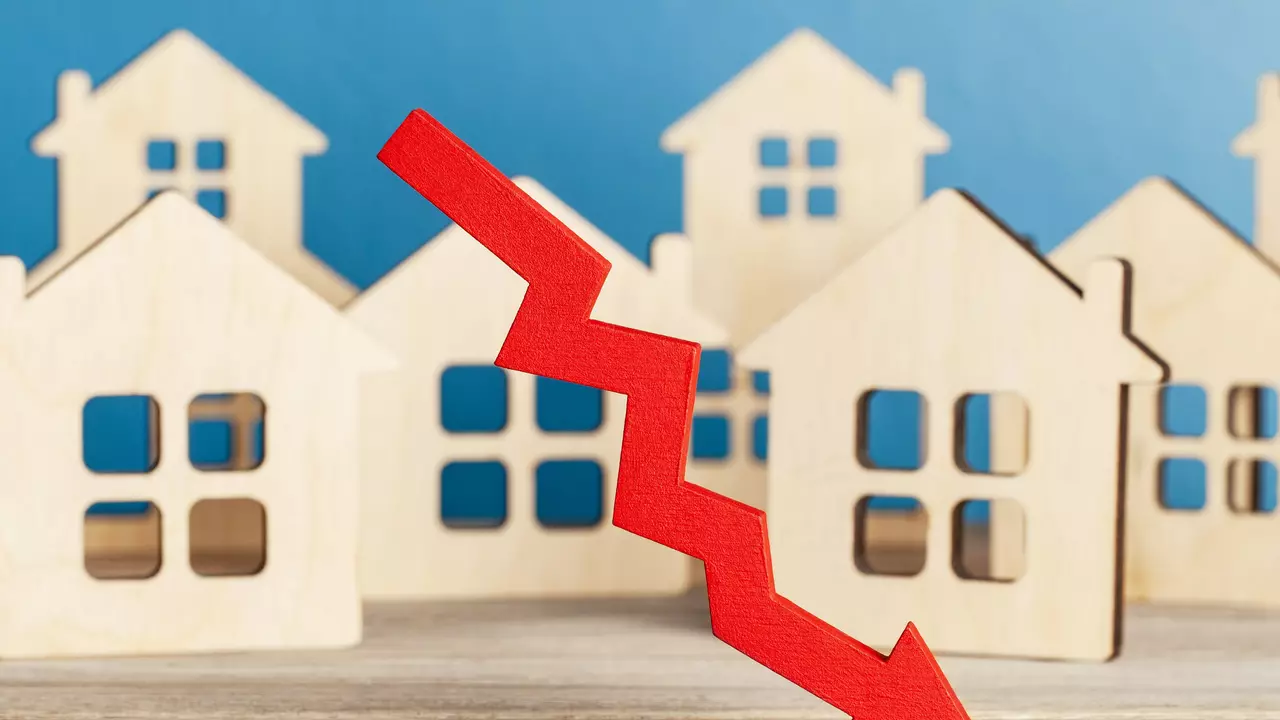Predicting The Future: The Real Estate Market of 2030
So, I was sitting on my porch, patting my beagle Rex and wondering, "Will my Melbourne townhouse be worth millions by 2030?" And hey, whether you're a property mogul, an anxious first home buyer, or you're like my buddy Steve (who can't spell the word ‘mortgage' without breaking into a cold sweat), I bet you're wondering the same thing. Will the real estate market see an upward trajectory over the rest of the decade?
Current State Of The Market
Before we make any wild guesses about 2030, let's take a deep dive into what's happening right now. The Australian housing market, particularly in Melbourne, has been a wild roller coaster ride, ladies and gentlemen. A couple of years ago, we saw unprecedented growth in housing prices. But then, the price fell, tripped, slipped, and had what we in Australia call a "face plant". In 2020, the market took another beating thanks to a little thing called COVID-19 – remember her? But despite everything, property prices have been gradually edging up, and the market seems to be stabilizing and even strengthening.
The Crystal Ball: Future Trends & Predictions
Casting a gaze into the future is as tricky as collaring my calico cat Topaz when she's spotted a pigeon. As fun as fortune-telling can be (don’t get me started on my love of horoscopes), professional economists and real estate experts are a touch more accurate than crystal balls. Several trends have been predicted that could shape the property market over the next decade, including technology advancements, shifting demographics, and changing working conditions. These factors could significantly influence property values.
The Impact of Technology
We really can't ignore technology's impact when considering future real estate price indicators. I mean, just look at how Uber Eats has saved us from the agony of cooking dinner after a long workday. And that's one mere example! Greater adoption of technology like AI, VR, and blockchain technology are predicted to revolutionize the way properties are bought, sold, and managed, affecting market dynamics and pricing.
The Demographic Shift
Another critical factor set to impact the future of the real estate market is the major demographic shifts. Experts are predicting a significant move towards urban living. Metropolitan areas such as Melbourne are expected to continue growing rapidly over the next decade, driving up demand for inner-city housing. Coupled with an aging population looking for smaller, retirement-friendly homes, the demand will rise for smaller properties.
Building A Sustainable Market
If there's one thing that might save us from complete market chaos, it's sustainability. Yes, you heard me right. Consider an aspect like energy-efficient houses—often, these homes are snatched up faster and sell for up to 10 percent more than their less eco-friendly counterparts. As more buyers and investors become environmentally conscious, a property's sustainability could play a major role in determining its future value.
The Power of 'Green'
Seeing a chunk of your salary disappear into energy bills and saying goodbye to hard-earned dollars as they fly out your uninsulated windows doesn't sound like good fun, does it? On the flip side, sustainable houses slash energy costs, reduce carbon footprints, and pretty soon, they might even start making human beings healthier. As such, sustainability doesn't just boost a property’s market value. It also makes you look quite cool in front of the neighbors.
Melbourne 2030: What Can We Expect?
Now, I know you are itching to know whether I think Melbourne's real estate market will really explode by 2030. So here's my take: while predicting the future is as possible as predicting Topaz’s next irrational fear (is it cucumbers this time?), there are some trends that we can say, with a fair degree of certainty, will influence the market in some way.
The Roaring Twenties Encore?
Will the so-called 'Australian housing bubble' finally burst, or are we about to relive the 'roaring twenties' once again? Well, the consensus amongst economists, at least for now, suggests the market will neither crash nor skyrocket. The most probable outcome? Steady growth—like a well-baked sourdough loaf, filling in all corners but not about to cause any kitchen catastrophes.
Key takeaway: Diversification and Long-Term Investments
In conclusion, whether you’re a first-time investor looking to dip a toe in the property market or a seasoned property mogul seeking the next smart move, the priority remains unchanged—diversification and long-term thinking. As the old saying goes, "Don’t put all your eggs in one basket." Sure, I might love Melbourne (and have invested here myself), but that doesn’t mean I won't look for eggs in other baskets. And remember, real estate is typically a long-term game, not a short-term sprint. So keep your eyes on the horizon, my friends, and with a bit of luck, solid research, and persistent tender-loving-care (and maybe some divine intervention), you might just see that property value skyrocket straight to the moon.
